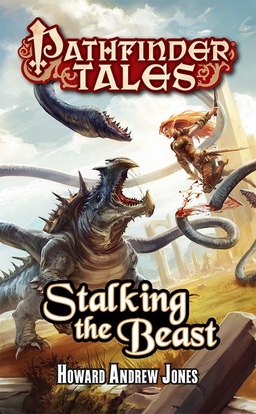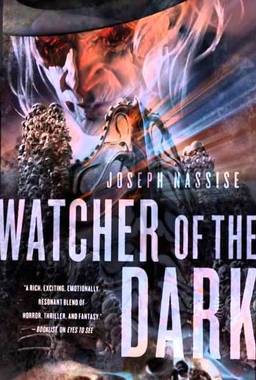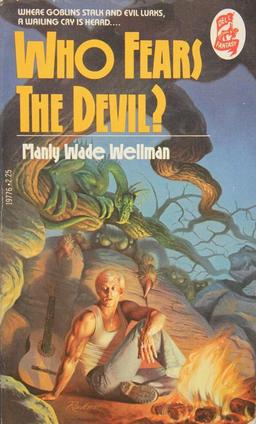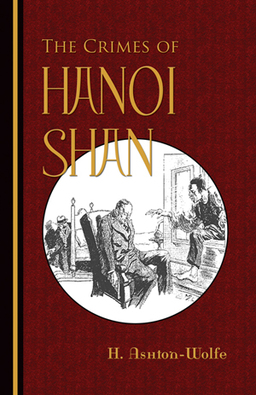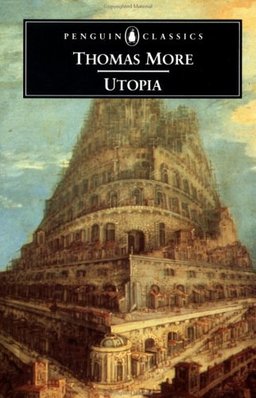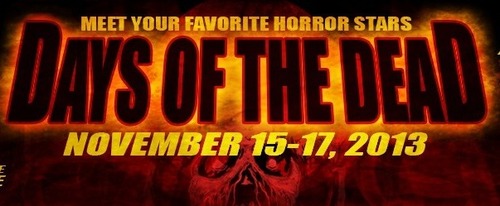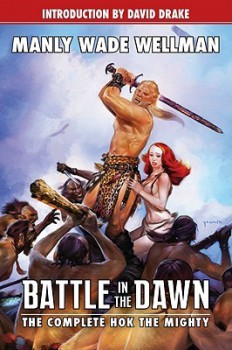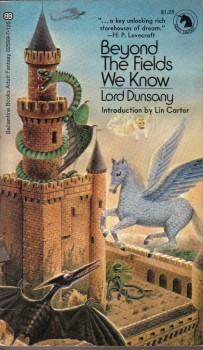Vintage Treasures: Pirates and Plunder
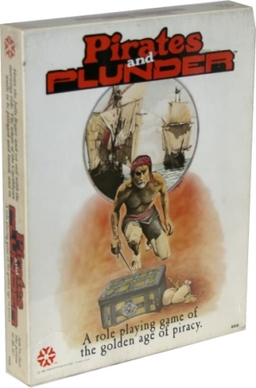 Back in the early 80s, publishers were still exploring the boundless possibilities of role playing.
Back in the early 80s, publishers were still exploring the boundless possibilities of role playing.
It occurred to more than one designer that sword & sorcery — the tiny genre Gygax and Arneson had chosen to build their fabulously successful Dungeons & Dragons upon — was a niche market at best, with very limited widespread appeal.
Yet if D&D had managed to come so far with source material of such limited public familiarity, what might a game with much broader appeal accomplish?
And so the early 80s was a time when we had an astounding array of new role playing games promoted by a host of hopeful publishers, in a wide range of genres — science fiction, action, spy thrillers, mystery, superhero, and many others. There were gangster games (Gangbusters), Arthurian games (Pendragon), games based on popular action films (Indiana Jones, James Bond), and westerns (Boot Hill). There were horror games (Chill, Beyond the Supernatural), post-apocalyptic survival games (Twilight 2000, Gamma World), games based on prime time soap operas (SPI’s infamous Dallas), and bestsellers like Richard Adams’ Watership Down (Bunnies & Burrows).
Virtually all of them failed. Turns out that D&D didn’t succeed in spite of the fact that it drew inspiration from the classic heroic fantasy listed in the famous Appendix N, but in fact because of it. Sword & sorcery offered the kind of larger-than-life heroes players wanted to play — and more importantly, no other genre came so readily pre-packaged with a catalog of terrific opponents, from orcs to vampires to dragons.
But while most of those games are long forgotten today, a handful are still fondly remembered. Pirates and Plunder, a role playing game set in the golden age of piracy, is one of the latter. At least, it’s fondly remembered by me.
